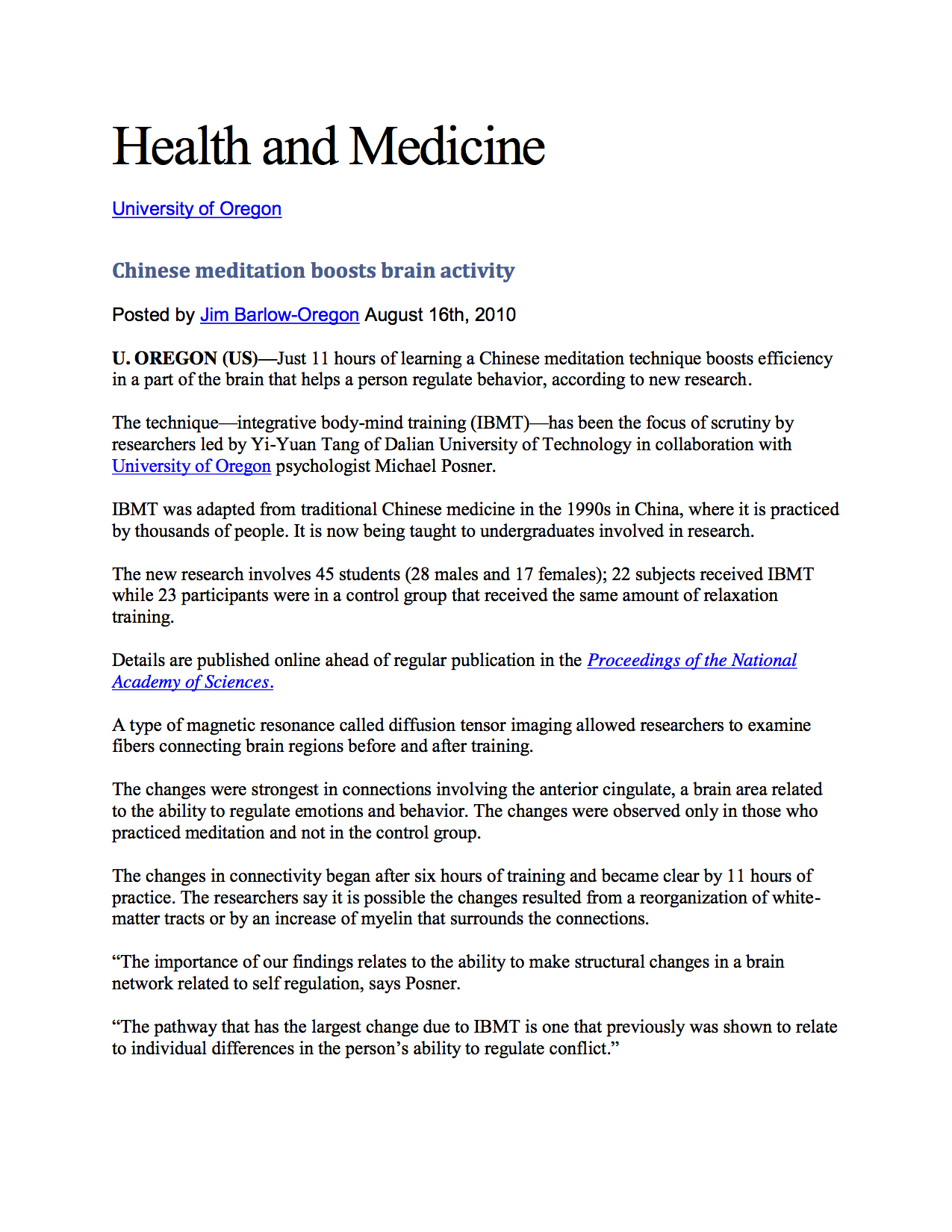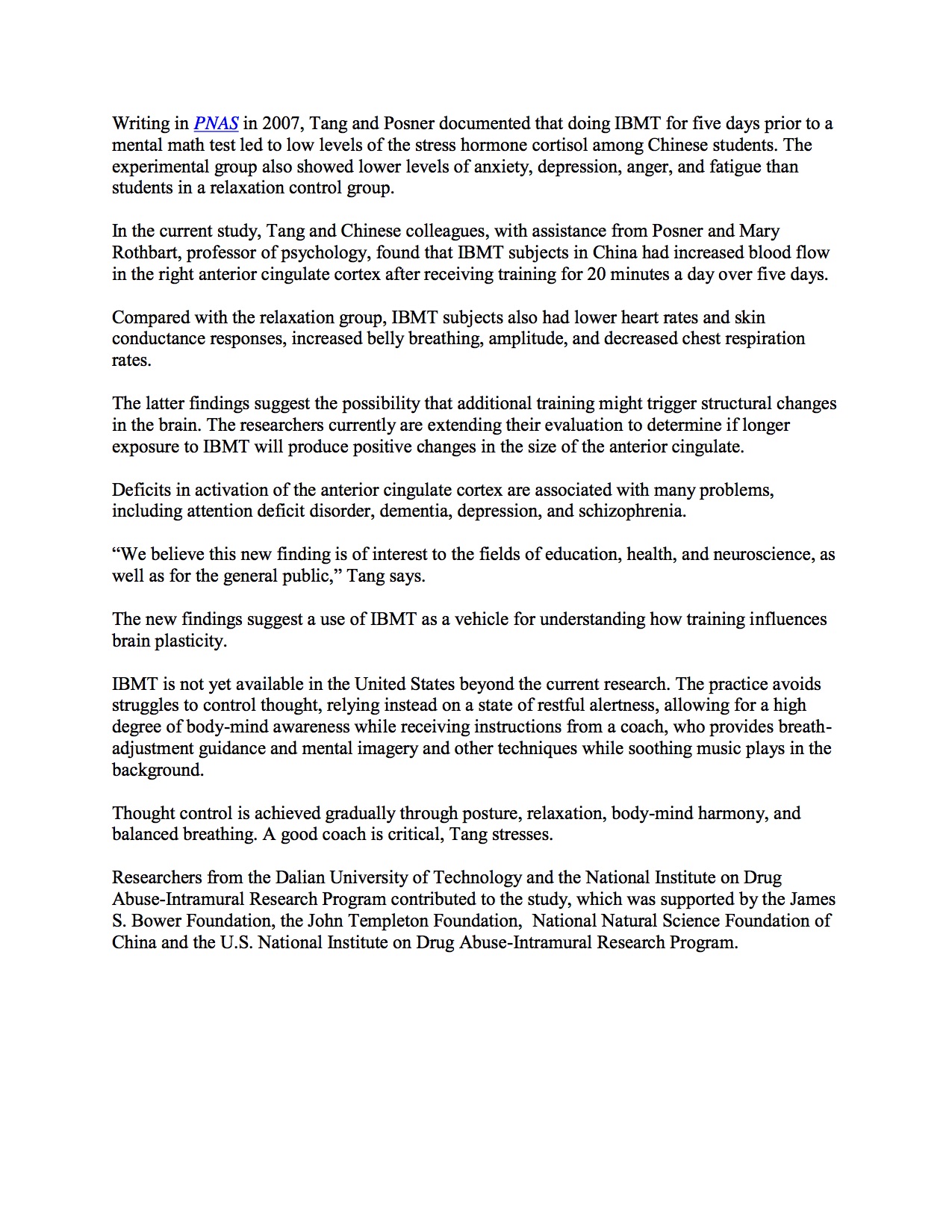

Excerpt from The Empath’s Survival Guide: The Importance of Meditation
As a psychiatrist and empath, I know how easy it is to experience empathic overload sensory symptoms and the importance of meditation to help me stay grounded and centered.
In my book The Empath’s Survival Guide I discuss techniques to help sensitive people deal with sensory overload. When I feel overwhelmed I need to slow everything down and unplug from all stimulation. If it gets really intense, I feel like a flower that’s wilting and in need sustenance from stillness. Then, I often retreat to a room without sound or light and sleep or meditate to recalibrate myself at lower level of stimulation.
Of course for many empaths isolation is not possible. One of the meditations I recommend to counteract emotional or physical distress is the following three minute heart meditation.
The 3 Minute Heart Meditation
You can do this at home, at work, in the bathroom at parties, or on a park bench. Take a short break to get out of the immediate toxic situation. Close your eyes. Take a few deep breaths and relax. Then place your palm over your heart chakra in the middle of your chest.
Focus on a beautiful image that you love: a sunset, a rose, the ocean, a child’s face. Feel the love building in your heart and body. Let this loving feeling soothe you. Toxic energy leaves your body as you become purified with love. For just three minute bursts throughout the day, meditate on the loving-kindness in your heart, feeling that energy clear stress.
You can send this loving-kindness to other areas of your body too. My most vulnerable point is my gut. If I sense that I’ve taken on someone else’s symptom, I place my hand over my belly and send it loving-kindness. This dissolves discomfort. What area is your most sensitive point? Is it your neck? Do you get bladder infections? Headaches? Be prepared to send these areas loving kindness to clear toxic energy so it doesn’t lodge there. (Note: It’s sometimes easier to meditate 200on the wellbeing of someone else than on yourself. You can do this if you’re having a hard time meditating just on you.)


